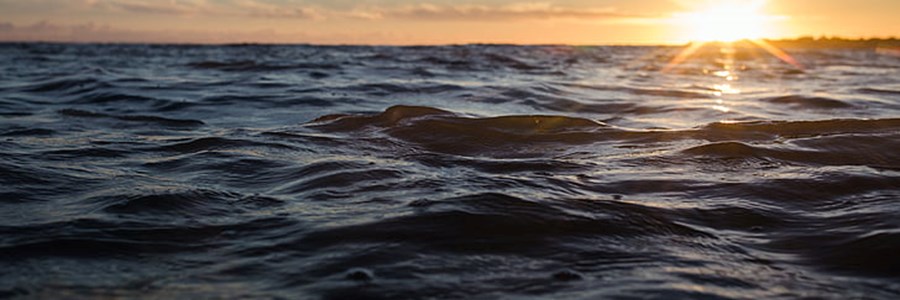Europêche welcomes new Treaty for High Seas

After an exhausting 40-hour session capping two weeks of negotiations at the UN headquarters in New York, the United Nations (UN) member states agreed to a landmark international Treaty on the conservation and sustainable use of marine Biological diversity of areas Beyond National Jurisdiction (BBNJ). These areas comprise around two thirds of our oceans. The treaty will implement area-based management tools, including marine protected areas (MPAs), and will regulate human activities in the High Seas. The EU fishing sector welcomes the agreement since the BBNJ Treaty will play a fundamental role in protecting and sustainably use marine areas not sufficiently regulated while respecting and building on the success of fisheries management.
The BBNJ process marks the culmination of nearly two decades of work and builds on the legacy of the UN Convention on the Law of the Sea. Europêche appreciates that administrative competences were clarified regarding Regional Fisheries Management Organisations (RFMOs). Particularly, the text specifies their mandate for ensuring conservation and sustainable use in area-based management tools and the scope of environmental impact assessments that will be strengthened in the implementation process. In this context, the sector values the recognition of the great work that the RFMOs[1] have been doing for decades in terms of fisheries management and environmental protection. For which reason, the provisions of the BBNJ agreement cannot undermine their scope, mandate and competences. Likewise, the provisions on marine genetic resources will not apply to fishing regulated under relevant international law[2].
Javier Garat, President of Europêche commented: “This is exactly what we have been advocating and I think it makes perfect sense. Fishing is the most regulated activity on the high seas and gives a good example of how marine ecosystems can be well-managed and protected. If we have sound data about marine ecosystems in the high seas, it is mainly due to the data reported by our fishers. No other marine activity operates under a framework as transparent and effective as we do”.
Europêche believes that the effective and successful regulation of fisheries on the high seas should serve as an example of collaboration on governance in the BBNJ implementation process. Mr Garat commented: “We do not mean by this that fisheries governance is perfect, but rather that the data and rules that already exist for the management and protection of marine ecosystems under fisheries governance can be used to better regulate other activities and protect vulnerable areas. Equally, we need the governments to continue strengthening the work of RFMOs to optimize their performance”.
Garat concluded: “Our sector will be there to help develop science-based solutions. We ask the international community, relevant stakeholders, and environmental NGOs to focus on the challenges identified by the Treaty, namely unregulated marine activities and unregulated marine areas. Wasting energy and effort in reinterpreting or distorting the BBNJ agreement to try to overrule a robust fisheries management regime, developed over decades by RFMOs, would only serve as a deterrent and an excuse for its non-ratification”.
[1] https://oceans-and-fisheries.ec.europa.eu/fisheries/international-agreements/regional-fisheries-management-organisations-rfmos_en
[2] See article 8.2.a)
Ends
Press contacts:
Daniel Voces, Managing Director of Europêche: +32 2 230 48 48 daniel.voces@europeche.org
Sources: Europêche
Attachments:
Tags: High seas, BBNJ, un, RFMOs, Law of the Sea, fisheries management